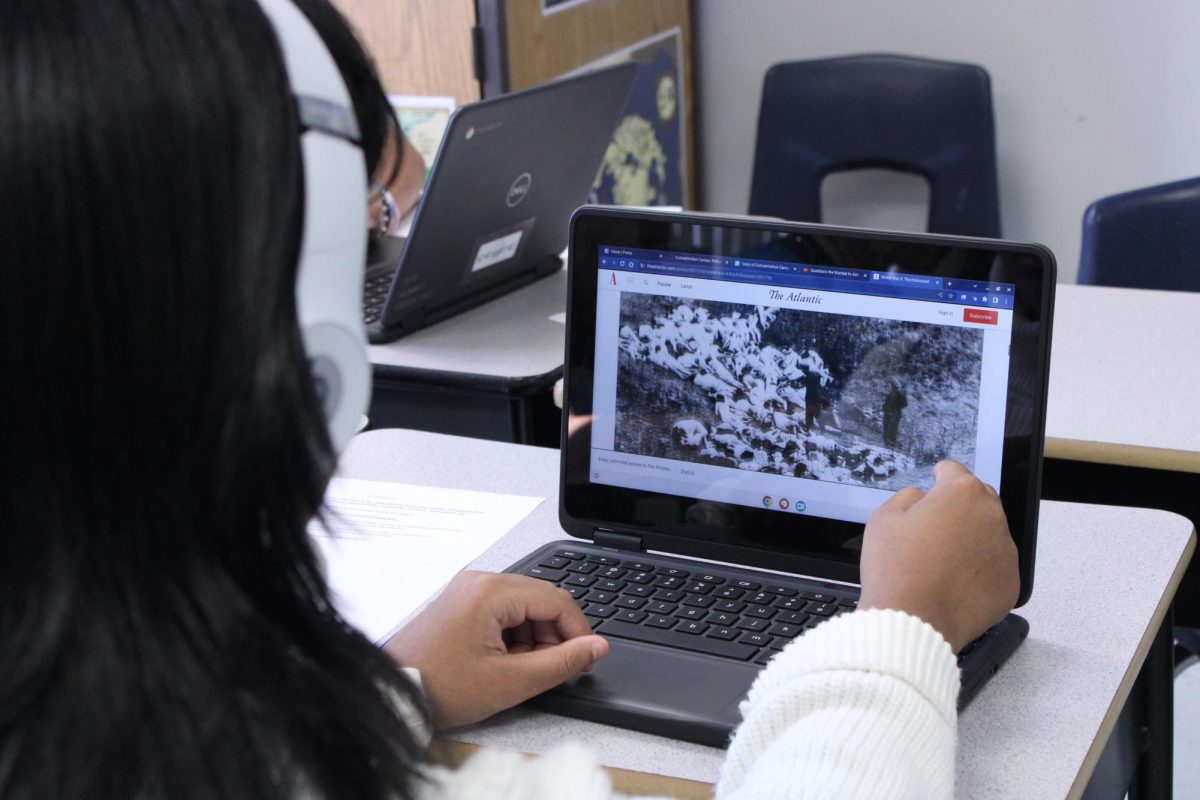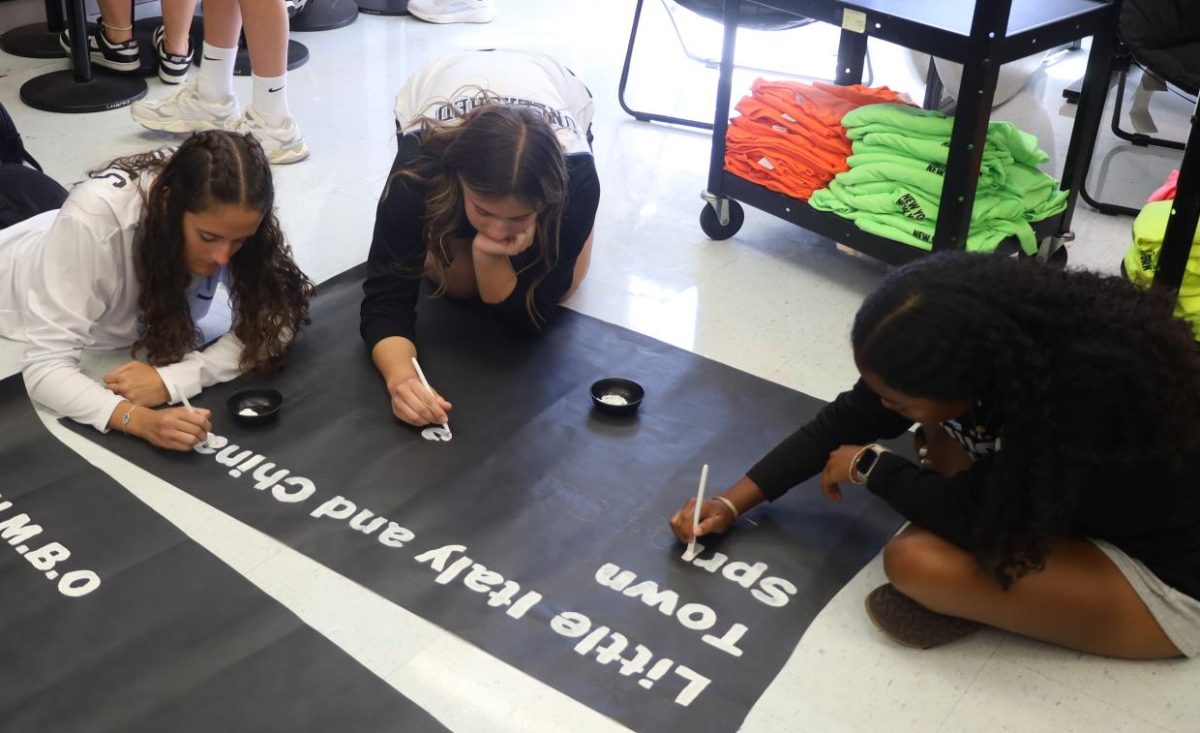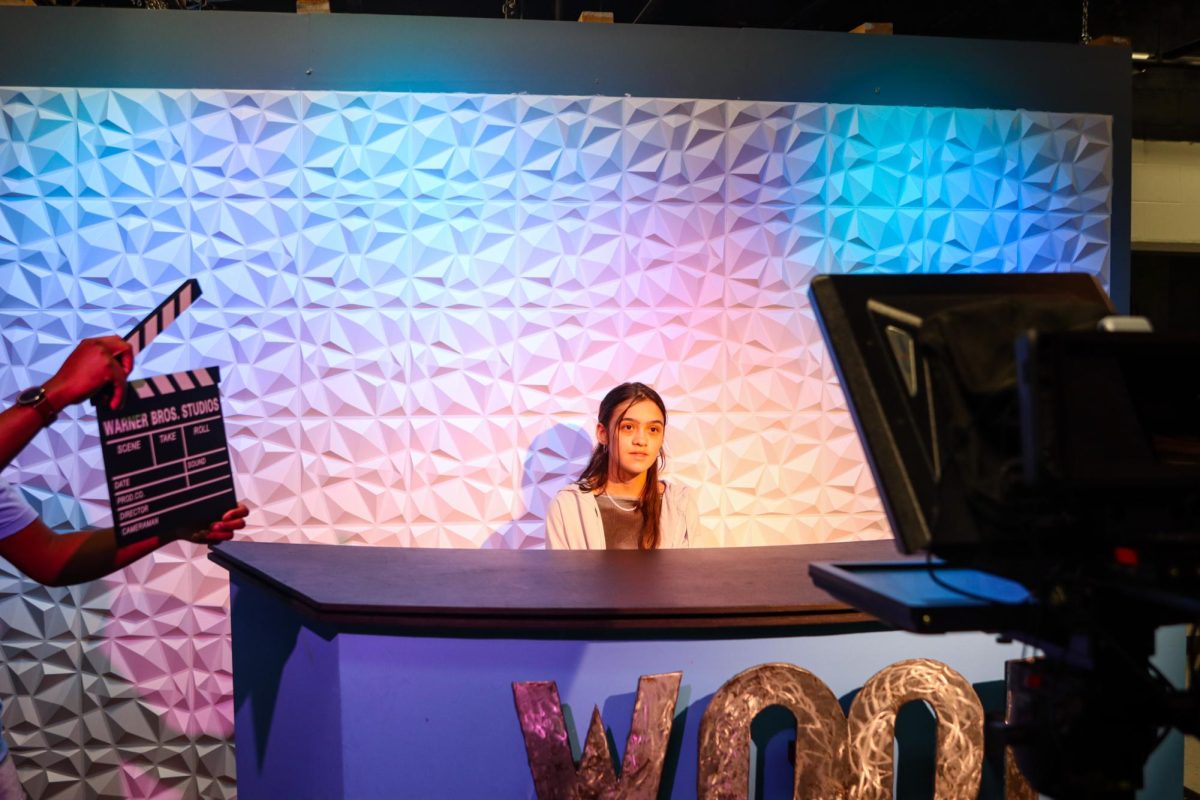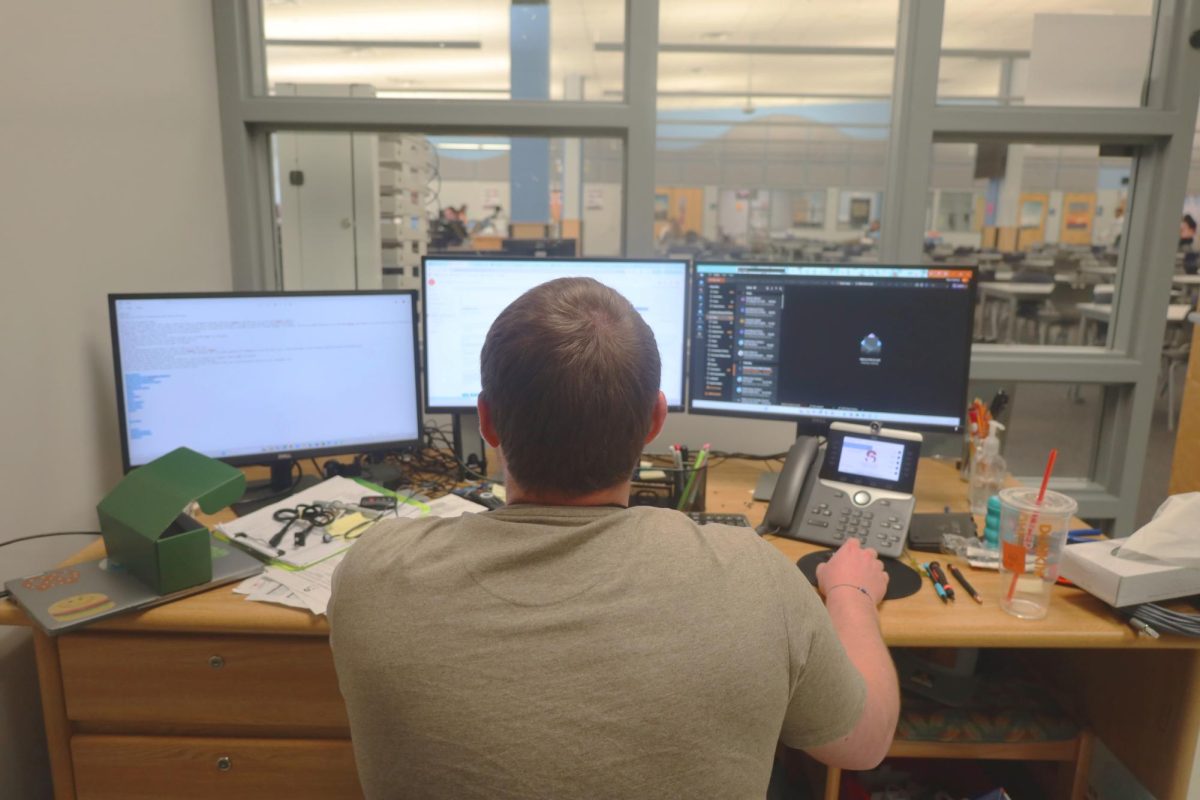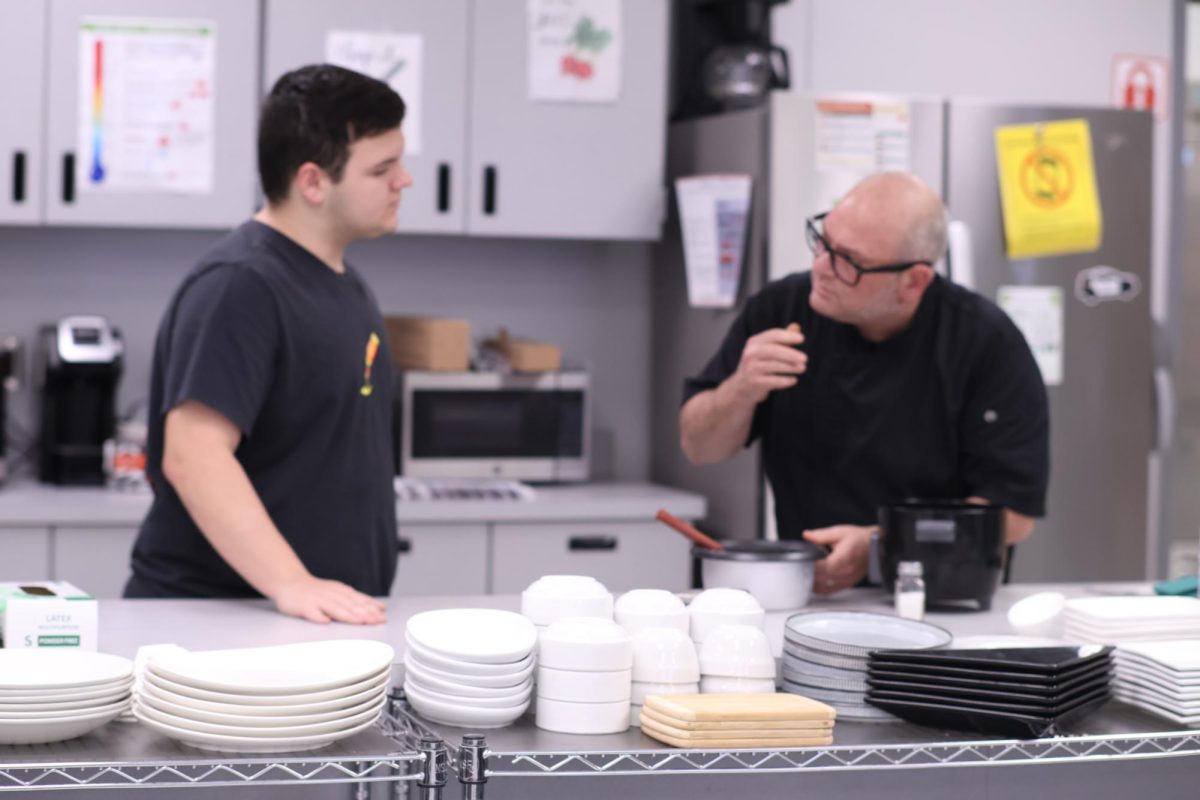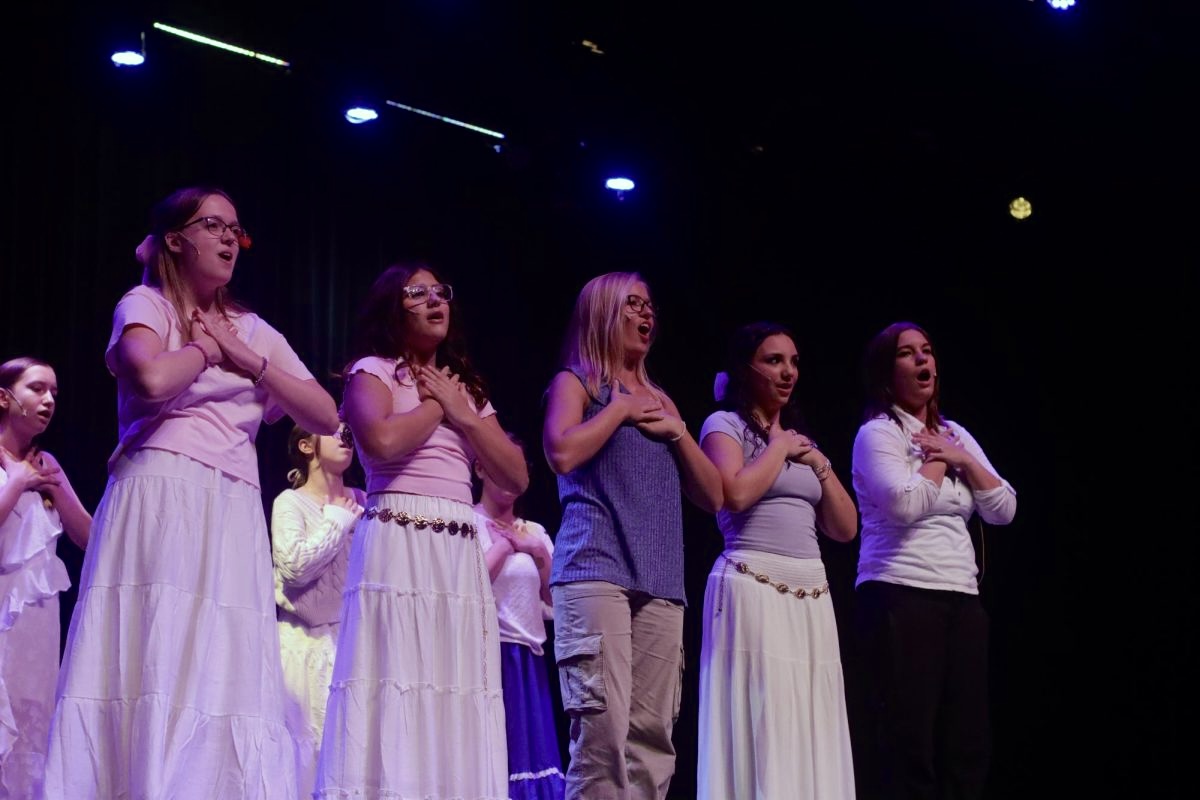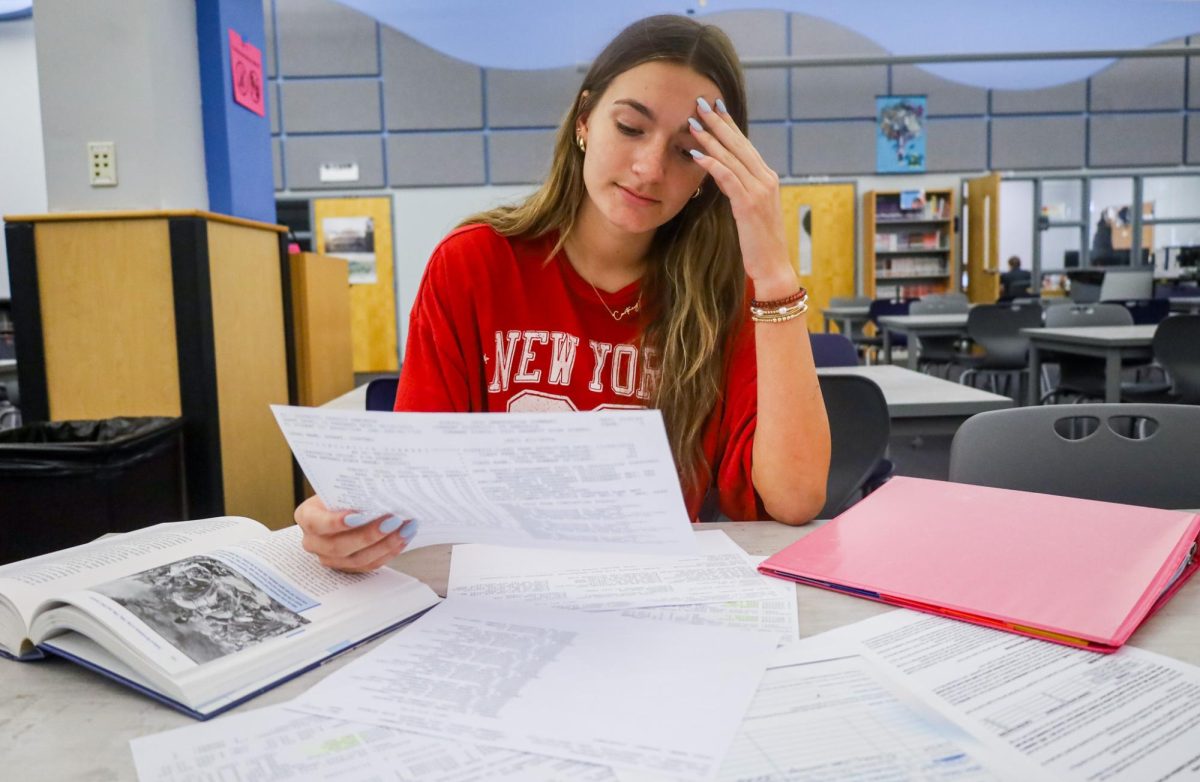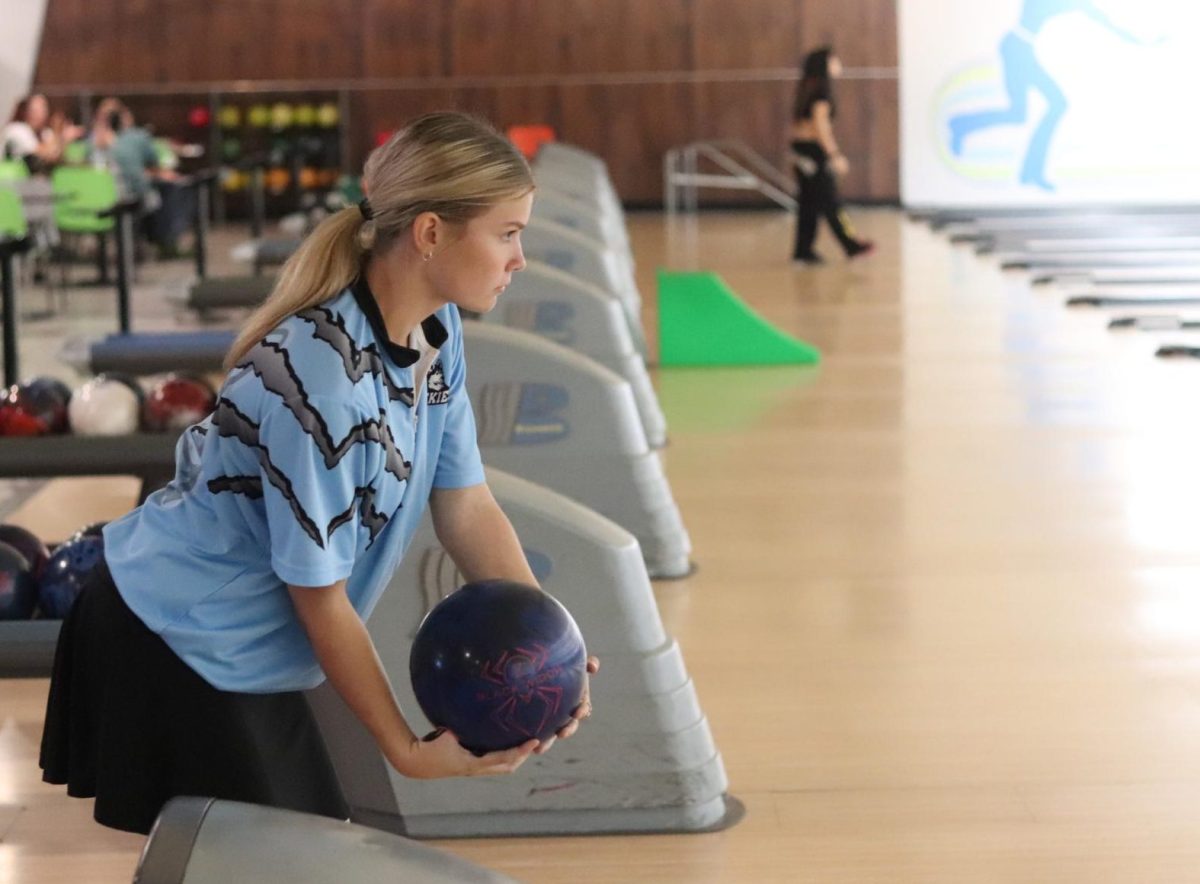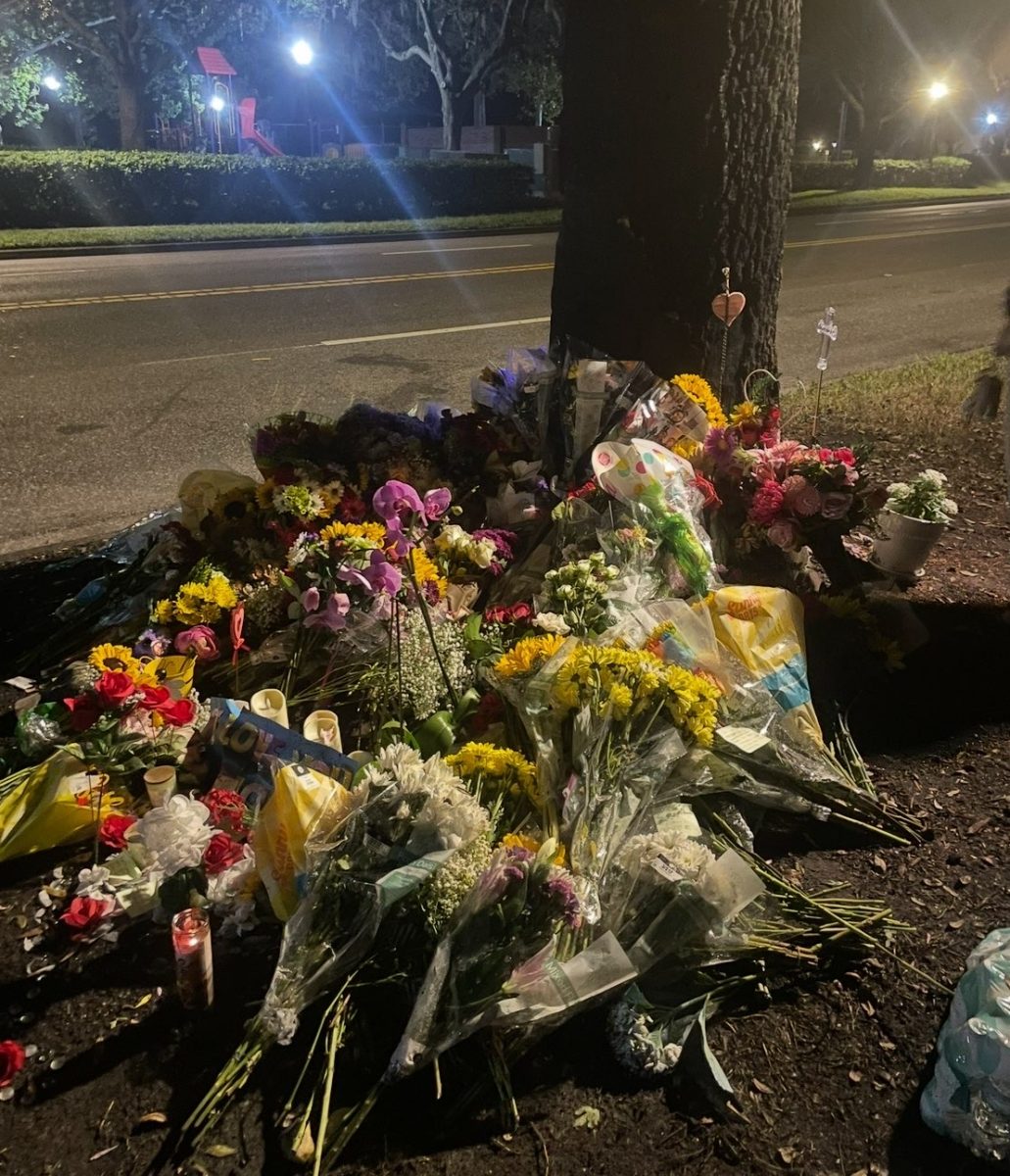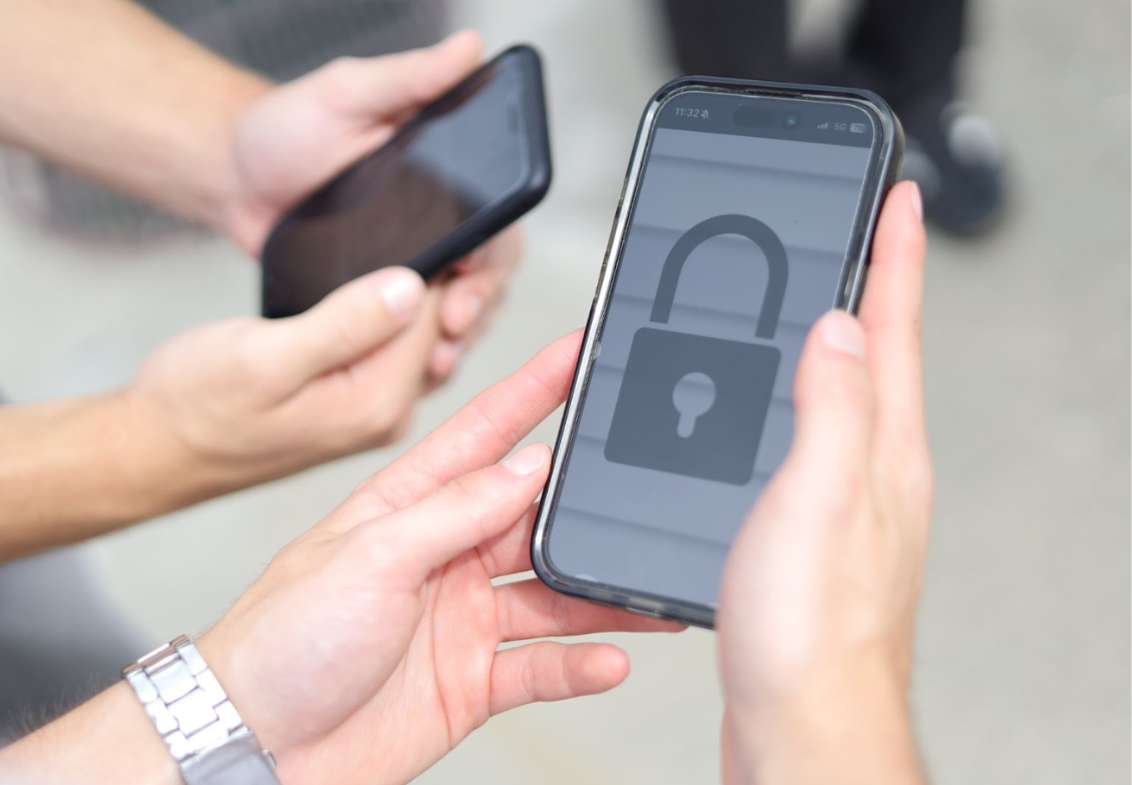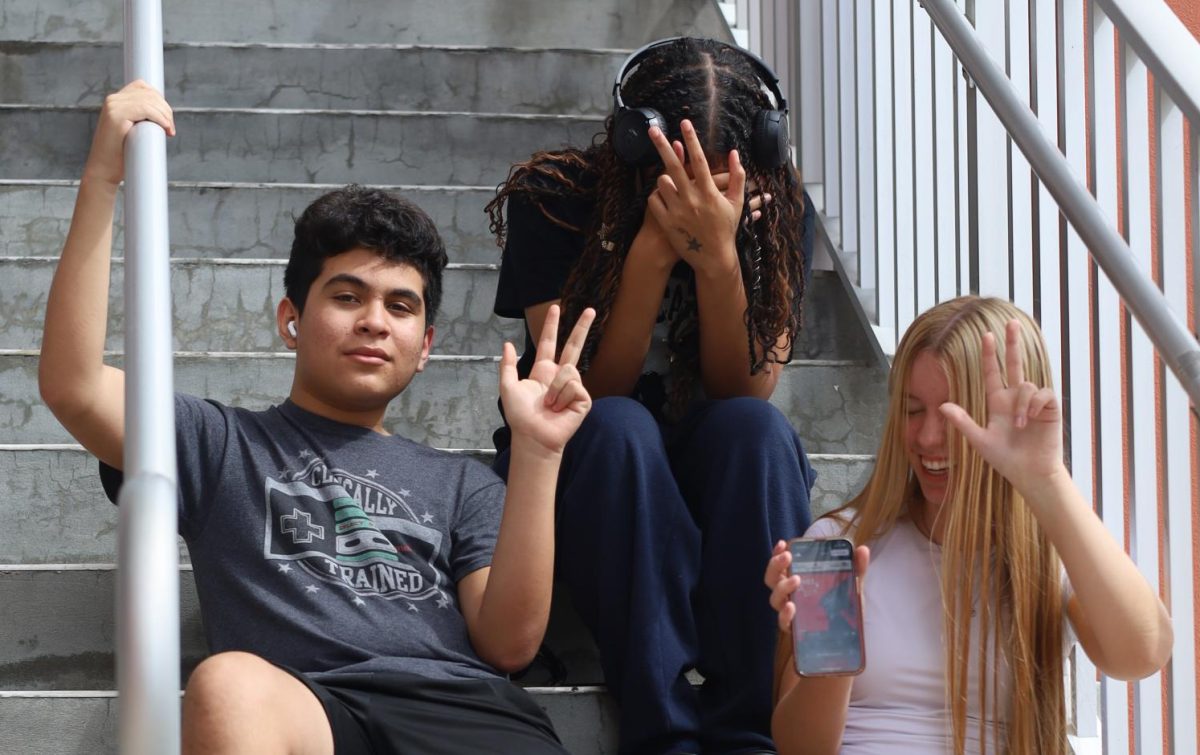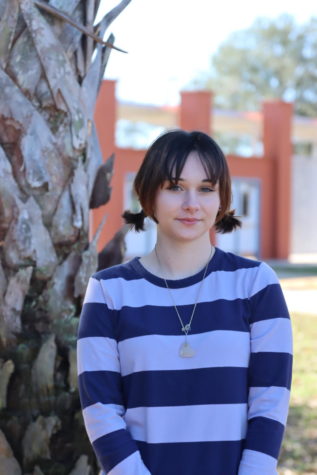Marking 85 years since Kristallnacht, Florida schools recognized the week of Nov. 6 as Holocaust Education Week.
In 2020, Governor Ron Desantis enacted HB1213, dubbing the second week of November as Holocaust Education Week. SCPS provided a script for announcements, which started off the week with a brief history of the Holocaust. The rest of the week’s education took place in social studies classes, allowing teachers to start a conversation with students about historical and modern antisemitism.
“For our Jewish students, I think it is really important for us to talk about Holocaust Education Week so that they feel like it’s not being forgotten. And then for our non-Jewish students, what really needs to happen is we have to take several steps back,” holocaust studies teacher Megan Thompson said.
As the only teacher of a Holocaust course in the county, Thompson was tasked with creating a lesson plan breaking down the Holocaust into smaller pieces. The content was packed into four days, with each day focused on relevant ideologies and events.
“Some of our students don’t really understand what Judaism is. They don’t know what Jews are. They understand the Holocaust in concept, but they don’t really know anything about it,” Thompson said.
The first day focused on antisemitism by displaying common myths and showing the impact of hate speech in the modern age. The next day shifted into showing the significance of the week, known as Kristallnacht, or the Night of Broken Glass, which marked the beginning of violence against Jewish Germans by the Nazi Party in 1938. This lesson acted as a precursor to the focus of the third day, which focused on the Holocaust that occurred in Germany from 1941-1945. The final day was a reflection, asking students to make a conscious effort to prevent antisemitism and genocide.
“Our goal with teaching the Holocaust is twofold. It’s to remember the victims because they were each people and they each had lives and they each mattered, and they deserve to be remembered,” Thompson said. “And the second is to do whatever we can do to prevent something like this from happening again.”
Holocaust studies was only offered as a class this year, with limited attendance. Regardless, Thompson has been persistent in building the program and incorporating it into the lives of students.
“I am Jewish and my family is from Germany. So obviously, we had a lot of people in our family who did not survive the Holocaust.” Thompson said. “For me, it does have a personal significance. I think it’s very important to teach about the Holocaust.”
In October, the class took a joint field trip with the African American Studies class to the Holocaust Memorial Resource and Education Center of Central Florida. Students from both classes were able to read letters from Jewish families, view real artifacts, and ask a survivor questions through a pre-recorded interview.
“What changed me was the emotions the Holocaust survivor had while he was talking,” senior Gabriel Gonzalez, an African American History student, said. “He really didn’t want to go back to what happened. It was upsetting to see.”
Holocaust education has been expanding rapidly in the state, yet it has been seen minimally in the county. Thompson has led the initiative, locally, for Jewish history to be a larger part of social studies and history classes where much of the violence is overlooked.
“To get students to understand that level of hatred and death and murder is really difficult to do. It’s a very brief lesson. So, it’s definitely a starting point. It’s not the end goal,” Thompson said.

